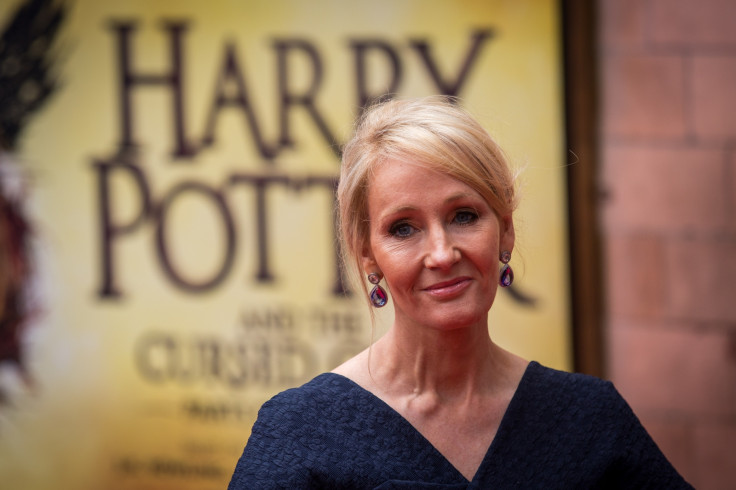'Quidditch' and 'Potterhead' could make their way into the Oxford English Dictionary
OED compilers set to recognise widespread use of 'made-up' Harry Potter vocabulary.

While JK Rowling's Harry Potter stories spawned a generation of book-lovers, they have also spawned a whole new lexicon. And now words such as "Quidditch" and "Potterhead" could receive official recognition as they are under consideration to be included in the Oxford English dictionary.
A list of words taken from the world-renowned wizardry books have been placed on the Oxford University Press watchlist in recognition of their popular usage in everyday life.
"Potterhead", which is a term used to describe a Harry Potter super-fan, is in the running, as is "Wrock" [short for Wizard Rock] a genre of music favoured by the pupils of Hogwarts. "Bellatrix" the name of one of Rowling's characters, may also make it into the OED.
While it is rare for made-up words to find their way into the Oxford dictionary, they have to be in circulation for 10 years to be considered for this authoritative record of the English language.
However, an exception has already been made for Rowling, who famously coined the term "muggle" in the first book in the series, Harry Potter and the Philosopher's Stone. in 1997.
Muggle, meaning "a person who lacks a particular skill or skills (such as wizardry), or who is regarded as inferior in some way" took less than half the standard time to be officially accepted as a phrase in common usage.
Fast-tracked for inclusion
Associate editor at Oxford Dictionaries, Charlotte Buxton said that new words that "cross into our world" are fast-tracked for inclusion in the OED.
"It's fairly unusual for a made-up word to get in. They have to move beyond the book - quidditch is now a real sport, not just a made-up game," she told BBC News. "It is really significant as it shows that Harry Potter has had such a huge impact."
However, while JK Rowling's words are read by millions and have found their way on the big screen with a multi-billion dollar film franchise, she might yet have to work her magic to ensure her words do indeed make it into the hallowed pages of the OED.
The BBC reports that the Oxford University Press has a database of three billion words that are in contention to be included in the OED and on the website Oxford Dictionaries.
© Copyright IBTimes 2025. All rights reserved.






















